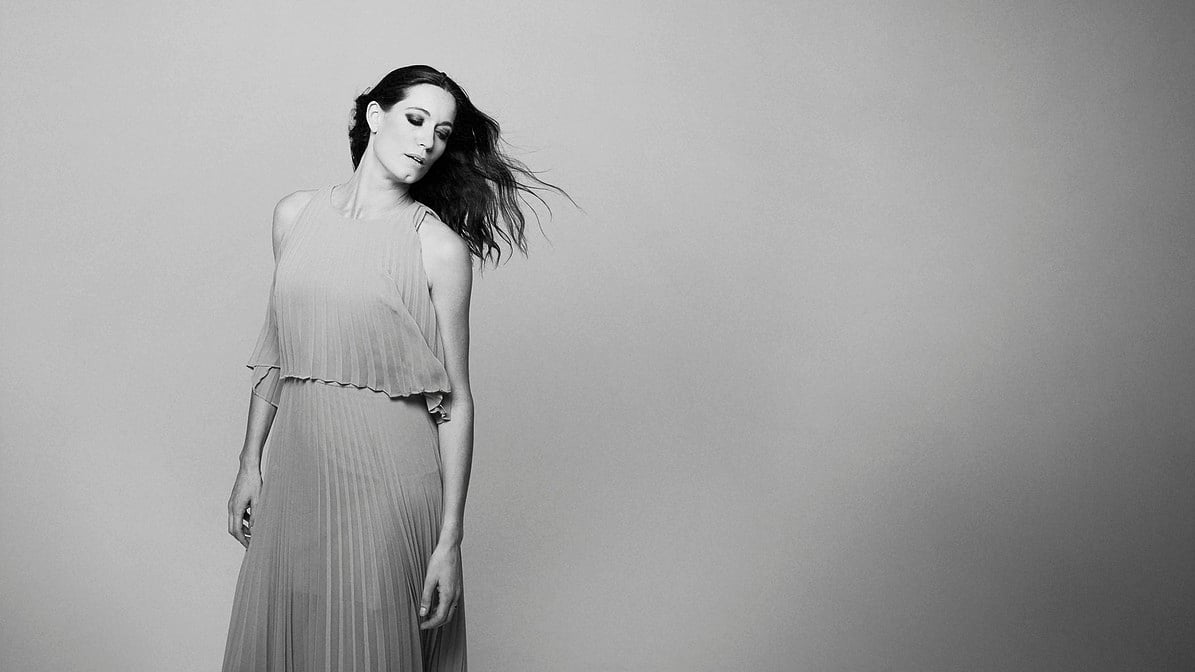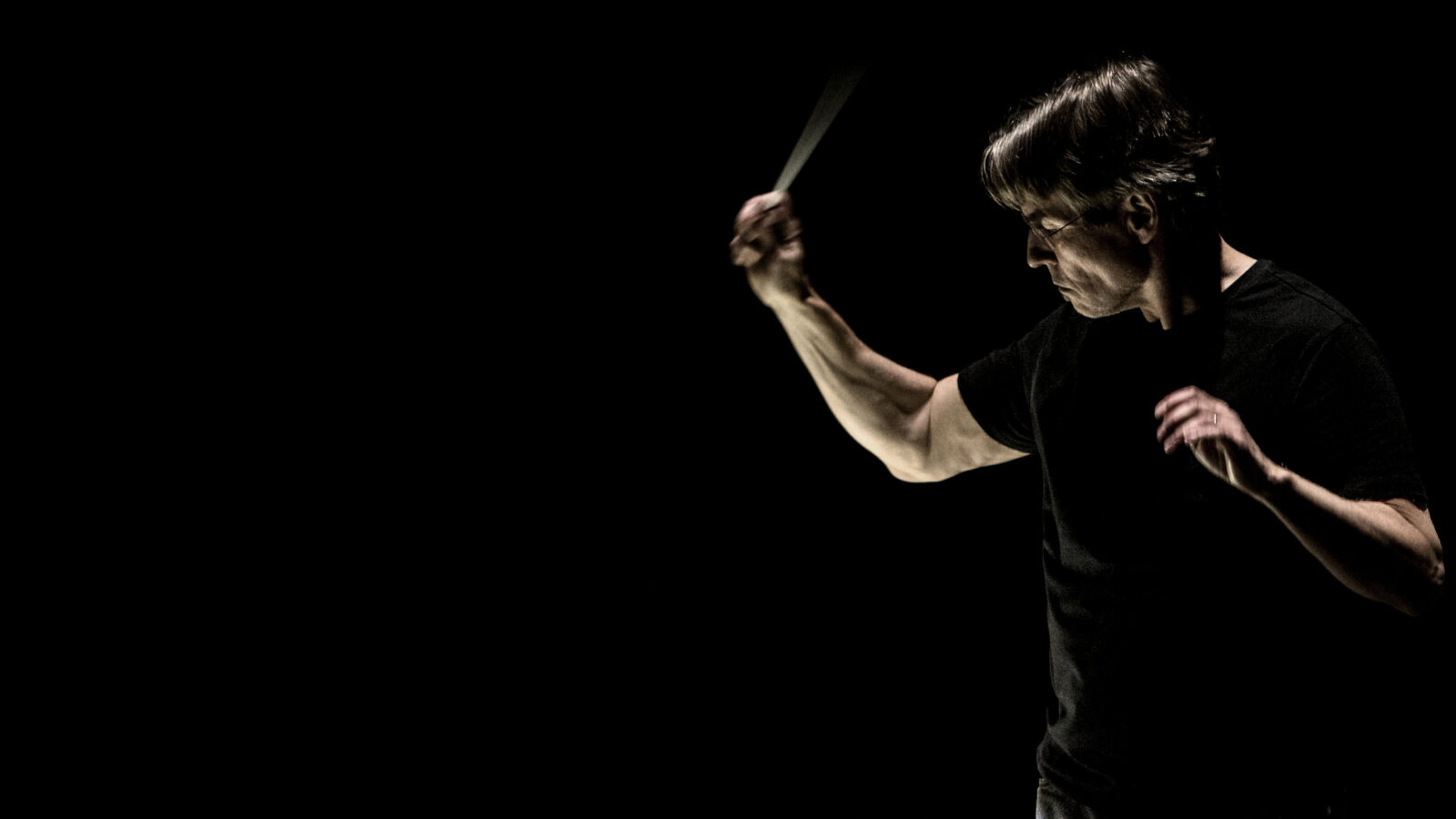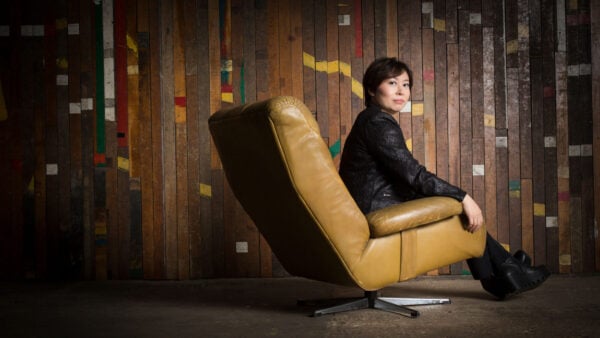
Soprano Kate Royal (Photo: Jason Joyce)
Soprano Kate Royal has made her name singing in some of the oldest and most beloved operas in the repertoire by Monteverdi and Mozart, but the London native is also drawn to and sought-after to perform in more modern operas.
In 2015, Royal made her Chicago Symphony Orchestra debut in a program of rarely performed French works: Ravel’s opera L’enfant et les sortilèges and Debussy’s cantata La damoiselle élue. The program was curated by composer and conductor Esa-Pekka Salonen.
Royal admitted that performing modern operas is “very tricky, but once these things come together will all the right elements, they are so incredibly powerful. I think part of that is because they’re not just pretty tunes that people can almost let wash over them. You have to be involved, you have to invest.”
Ravel’s supernatural one-act opera L’enfant et les sortileges (The Child and the Spells) is performed only occasionally in Europe and even less frequently in the United States. “It’s a lovely thing to be a part of,” she said. “I have not sung the piece before, so I’m sort of learning it as we go along with rehearsals.”
The opera, with a libretto by Nobel Prize nominee Colette, a French novelist, is in some ways a precursor to Maurice Sendak’s iconic Where the Wild Things Are. A child throws a tantrum in his bedroom, which later transforms into a garden with singing flora and fauna. Ultimately, he returns to the safe arms of his mother.
In L’enfant, Royal is responsible for three separate roles. “I play a widowed bat, a shepherdess, and very briefly in the last 30 seconds, an owl,” she explained. “It’s quite a challenge because each part is small but so heavily characterized. It’s a very interesting exercise in being very, very clear in your characterization.”
“The first role of the shepherdess, we’re actually part of the wallpaper in the child’s room, and it’s a very pastoral scene in this wallpaper. The chorus joins me and the shepherd. It’s a unique idea. It’s very clever.” Then, she continued, “I have these very ferocious few lines as the bat,” and “at the end, I sing some literally sort of hooting chromatic bars.”
Though the CSO’s performances of L’enfant were in concert, Ravel’s orchestrations are vivid enough that costumes and sets are not necessary to set the scene. The percussion section is particularly diverse, and contains everything from traditional instruments like timpani and xylophone to everyday objects like a whip and a cheese grater!
“Interestingly, a lot of the vocal parts also have a percussion element to them,” Royal explained. “So for example with the bat, I’m constantly going between the vocal lines and making these sort of cutting sounds. There’s very much a sense that everyone’s a part of the orchestra.”
Royal urges the audience to actively participate in the drama, saying, “The key to this piece is the audience actually, and the audience’s imagination, and the audience’s freedom and trust in the music.”
“There’s something about opening yourself up to this fantastical world, and in the opera of course it’s through the eyes of the child. So we ask the audience to regress and to let their imaginations run wild. That’s the way to experience this piece.”
Debussy’s La damoiselle élue (The Blessed Damsel) is another imaginative work that transports the audience to a world outside our own. The cantata is inspired by a poem and companion painting by Dante Gabriel Rossetti, whose “damozel” (damsel) is Lenore from Edgar Allen Poe’s famous poem The Raven, who grieves for her lover left on earth.
The cantata that Debussy wrote inspired by Rossetti’s Damozel is so rarely performed that “nobody knows it,” Royal said. “Amazingly, a lot of the singers I have been working with on the Ravel are French, and they’ve never heard the piece either.”
“I’m very, very familiar with all the work of Debussy, but I have not sung this piece before,” she confessed. “So it’s been a real opening of the eyes and ears when I was asked to sing it and I first heard it. The poem is so wonderful that it’s based on. The English connection for me felt so strong, but bizarrely it doesn’t feel English at all; it feels unbelievably French.”
Debussy’s dramatic cantata is uniquely scored for two female soloists, women’s chorus, and orchestra. “It’s so gentle, and it’s so feminine,” Royal said. “Everything about it is so feminine…It’s this combination of chastity and sensuality” that gives the piece an otherworldly sound.
Though the piece was new to Royal, she was thrilled to explore what she describes as “a beautiful character, and so heartfelt and so honest. And she’s just speaking her heart. That in itself – the simplicity and the honesty – is so special.”
“For me, that music is so luxurious and you can really kind of wallow in it,” she said with a satisfied chuckle just before an afternoon of rehearsals. “To have a couple of hours to wallow in this sea of amazing Debussy? We’re pretty lucky that we get to have music in our lives. This is our food. It’s an amazing privilege.”







